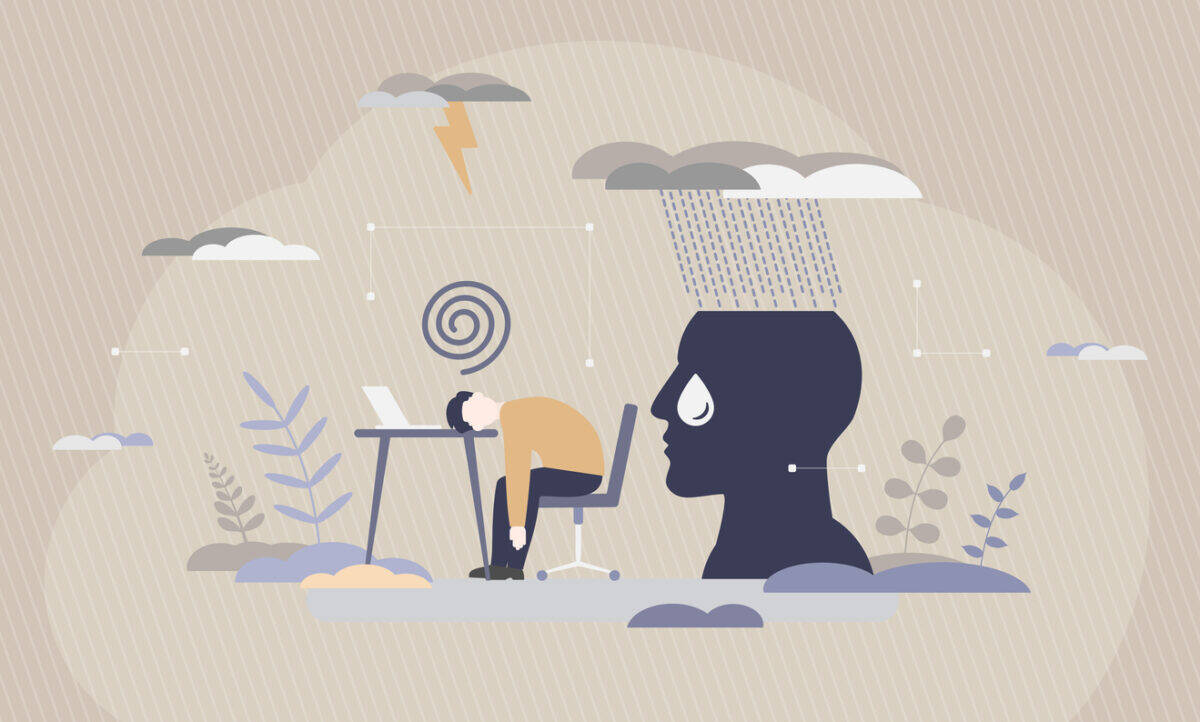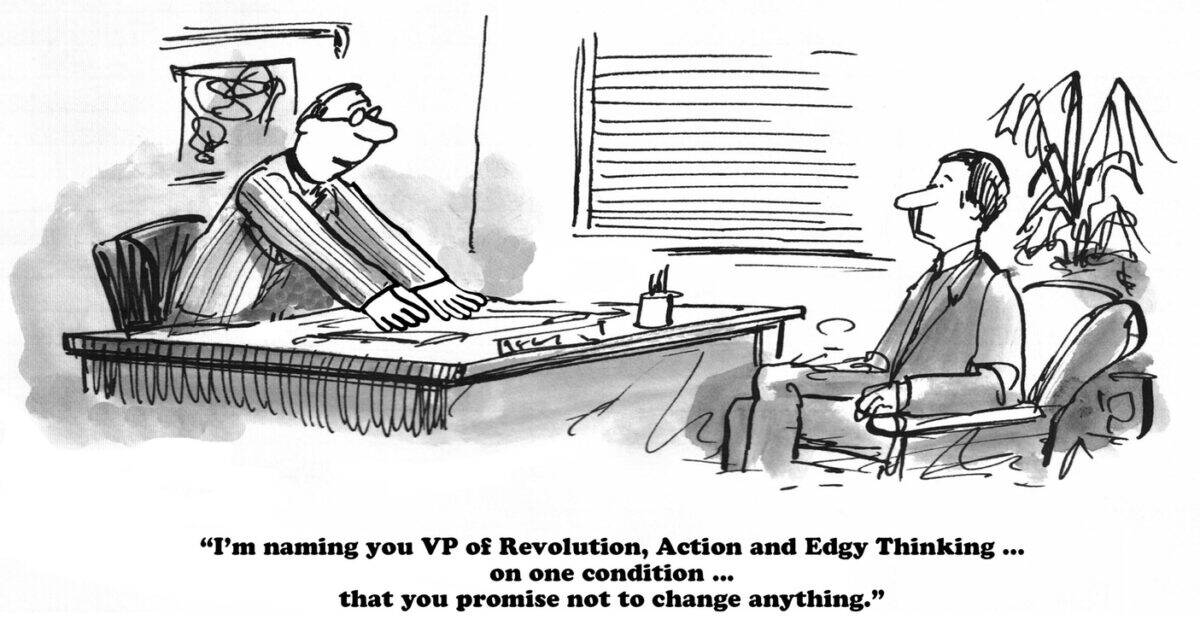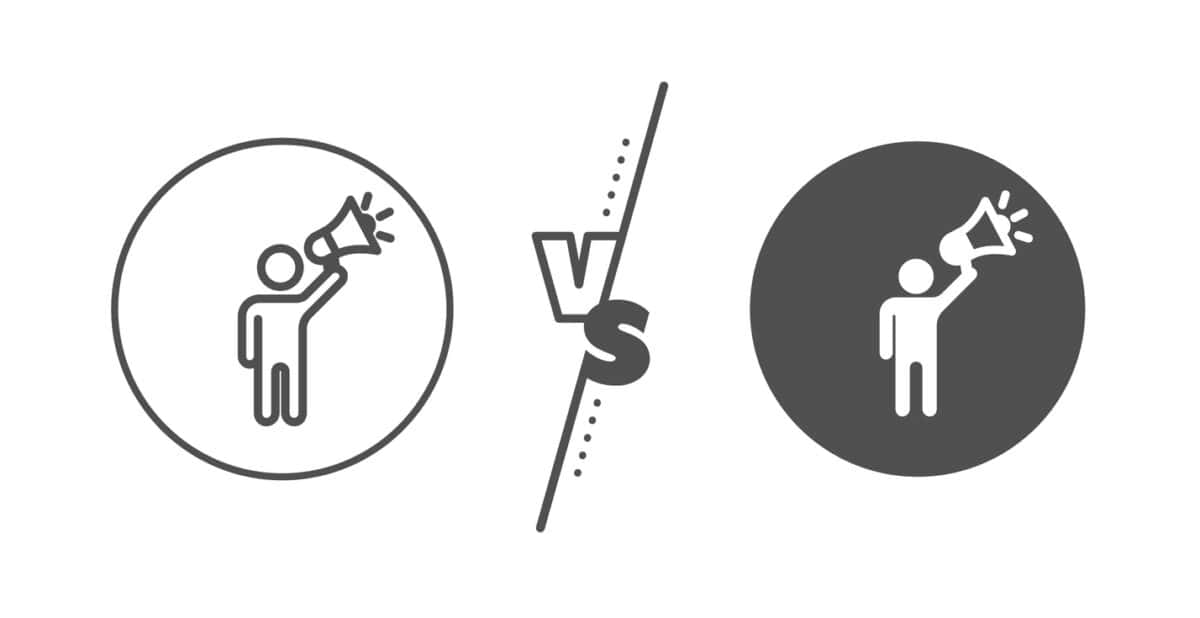The 2025 Psych Health and Safety (PHS) Conference, held in Sydney and hosted by FlourishDx, marked a significant evolution from its inaugural event. With over 200 delegates, a larger venue, enhanced facilities, and a more polished exhibition space, the conference built on its foundational success. Centred around four key themes—evidence-based practice, leading mentally healthy workplaces, inclusive work design, and international perspectives—the event delivered a robust platform for professionals from occupational health and safety (OHS) and human resources (HR) to converge on the critical topic of psychosocial health and safety.
Category: law
How influential is ISO45003?
The second in our series of occupational health and safety questions to an artificial intelligence centres on the issue of ISO 45003’s influence on the management and prevention of psychosocial hazards. It was asked:
“How influential has ISO45003 been in achieving systemic and organisational change in Australia?”
What is the most persistent barrier to employers preventing psychosocial hazards?
Two prominent experts on psychosocial hazards at work, featuring at the Psych Health and Safety Conference later this week in Sydney, Mary Ann Baynton and I. David Daniels, responded to my question to them (and other speakers) listed in the title above.
Mary Ann Baynton’s response first:
“The two most persistent barriers to employers preventing psychosocial hazards are a misunderstanding of what is required and the belief that it would cost too much in terms of time and effort….”
Tough questions about psychosocial safety and health
Over the next week or so, SafetyAtWorkBlog will be focusing on the issue of psychosocial hazards and psychological risks at work, as we cover the Psych Health and Safety Conference in Sydney. These risks and hazards are the most pressing topic in occupational health and safety (OHS) at the moment, with an increased demand for solutions from workers and the community, as well as heightened expectations for regulatory compliance. I apologise for this intense focus, but I welcome your comments and participation.
I will start by posing this question:
“The Australian approaches to psychosocial hazards and psychological safety in Human Resources and Work Health and Safety have been siloed in the past. Are the approaches getting closer? Is there more cooperation between the two or are the two disciplines’ aims still too different?”
Will a Code of Practice for psychosocial hazards be effective?
Victoria is developing its own Code of Practice for managing (and hopefully preventing) psychosocial hazards in the workplace, ahead of amendments to its occupational health and safety (OHS) laws in late 2025. But how powerful and enforceable can a Code of Practice be? A new book by Arie Freiberg, “Regulation in Australia“, helps explain this, but the future could look better.
NZ OHS reform is all sticks and carrots of questionable quality
Recently, New Zealand’s Minister for Workplace Relations and Safety, Brooke Van Velden, was interviewed for almost half an hour by Jack Tame on her government’s proposed changes to occupational health and safety (OHS) laws. The interview was informative and entertaining, as it explained some aspects of the OHS changes, but also showcased a Minister who was uncomfortable with being questioned.
OHS Challenges: Neglected Business Element Faces Profit Conflicts and Misaligned Perspectives
Sometimes you need to stop what you’re doing and reflect. This could relate to life, work, values or more. I was invited to talk to the Central Safety Group (CSG) this week on “Challenging Mainstream OHS Views”, so I stopped, thought, and jotted down some personal opinions to discuss. It was a helpful exercise.







